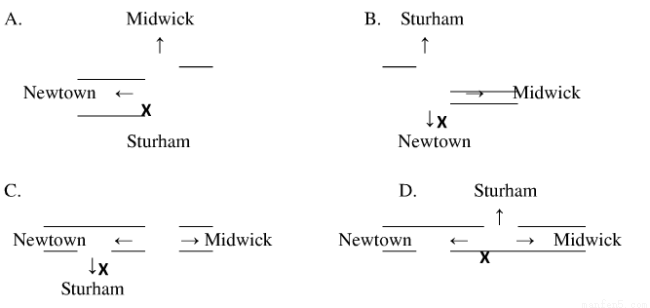题目内容
Do you like travelling? Staying 1. (health) while 2. (travel) can help to ensure your trip is a happy and enjoyable one. 3. you are travelling abroad, here are the tips you need to make your trip much 4. (easy):
Make sure you have got signed passport(护照) and visas. Also, before you go, fill in the emergency information page of your passport! Make two copies of your passport identification page. This will help a lot if your passport 5. (steal). Leave one copy at home with friends or relatives. Carry the other 6. you in a separate place from your passport.
Read the Public Announcements or Travel Warnings for the countries you plan to visit. Get yourself familiar with local laws and customs of the countries to 7. you are travelling.
Leave a copy of your itinerary(旅行日程) with family or friends at home so that you can be contacted in case of an emergency.
Do not accept packages from strangers. Do not carry too much money or 8. (necessary) credit cards. If we make enough 9. (prepare), we will succeed. Have 10. good time!
1.healthy
2. travelling
3.If\When\While
4.easier
5.is stolen
6.with
7.which
8.unnecessary
9.preparations
10.a
【解析】
试题分析:文章大意:出国旅游如何才能感到愉快:首先要健康,其次做好充分的准备,如护照和签证,还有复印2份分别放置以备不时之需,还要熟悉你要参观的国家的风俗习惯和法律法规;保持和家人的旅行联系;不要多带钱和卡,也不要接受陌生人的包裹。准备好一切,肯定能玩得开心。
1.
2.
3.
4.
5.
6.
7.
8.
9.
10.
考点:语法填空

 阅读快车系列答案
阅读快车系列答案